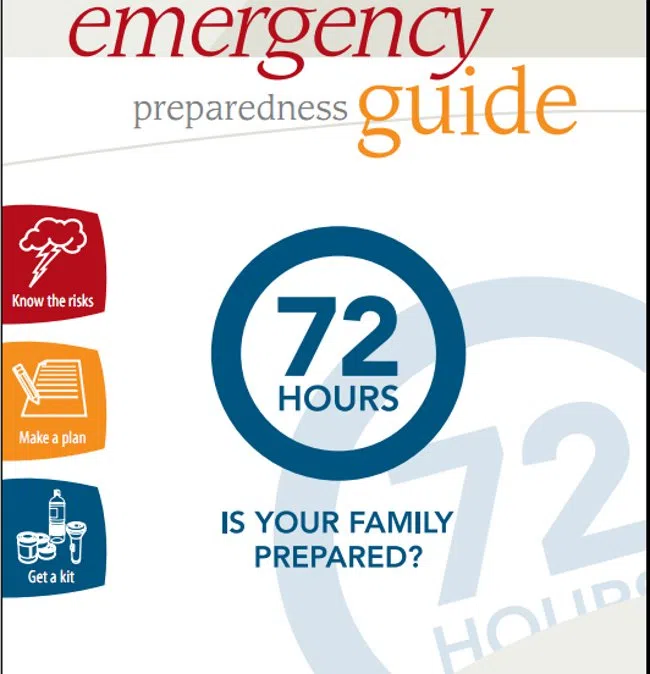
Emergency Preparedness
Knowing what to do during the first 72 hours after a disaster is important to survival — this is the message emergency organizations are taking to the public.
“Someone comes and says to you, you’ve got 10 minutes to leave the house, what are you going to take?” said Lyle Karasiuk, public affairs officer of Parkland Ambulance.
This emergency preparedness week, Karasiuk joined forces with the Red Cross and Emergency Preparedness Canada to make sure people in Prince Albert were ready in cases of disaster.
“We kind of think that it’s never going to happen to us, but look what happened to us last July, here in the city when we had severe weather. Look at what’s happening in our province in terms of flooding,” he said.


